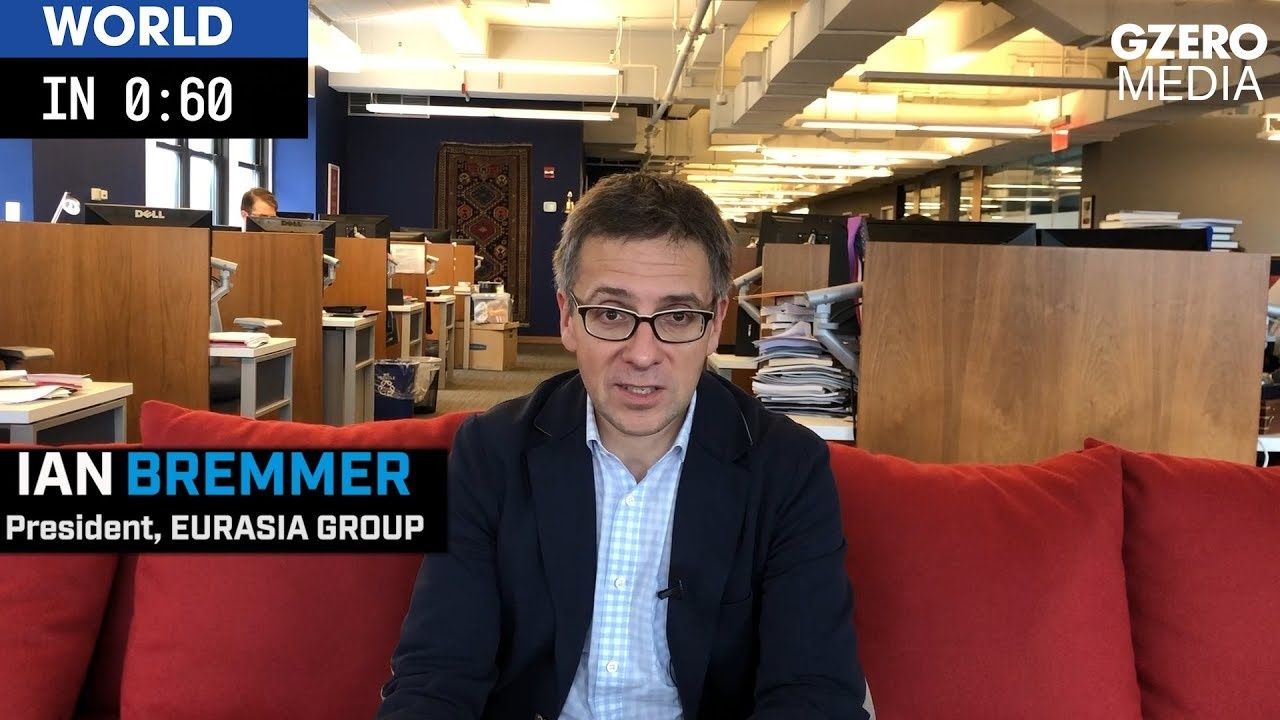
Are religious tensions rising in Sri Lanka?
They certainly are now on the back of almost 300 people killed in terrorist bombing attacks - Christians by Muslims - worst attacks we've seen since the Civil War. There has been more extremism. There's been more Buddhist extremism over the past years as well. Social media technology making it easier to align, to coordinate, to organize. But I wouldn't have said that Sri Lanka was more vulnerable to this sort of thing than a lot of other countries out there. I do think if the government is unable to respond very strongly, the potential for this to lead to reprisals of course is really significant.
Will tighter sanctions on Iranian oil increase gas prices in the US?
Yeah it will for two reasons. First of all because the Saudis and others in the Gulf, on the American side, have to actually ensure that they are pumping enough oil to make up for whatever comes off from Iran but also because when you're squeezing Iran that much economically the markets are also going to price in the potential that you end up with confrontation between Iran and the Saudis, between Iran and the Israelis, Iran the United States and that they leave the nuclear deal. I don't think that's actually going to happen. In the near-term, prices are going up.
What's the most important thing to watch for at China's Belt and Road form this week?
Well, 37 heads of state, I would say watch for to what extent it looks like China is acting like the global leader and how many major leaders out there treat the Chinese with more deference than they treat the Americans. Always interesting to watch. That's the balance of power these days. It's in Beijing it's in the United States. See where it goes.
And go deeper on topics like cybersecurity and artificial intelligence at Microsoft Today in Technology.